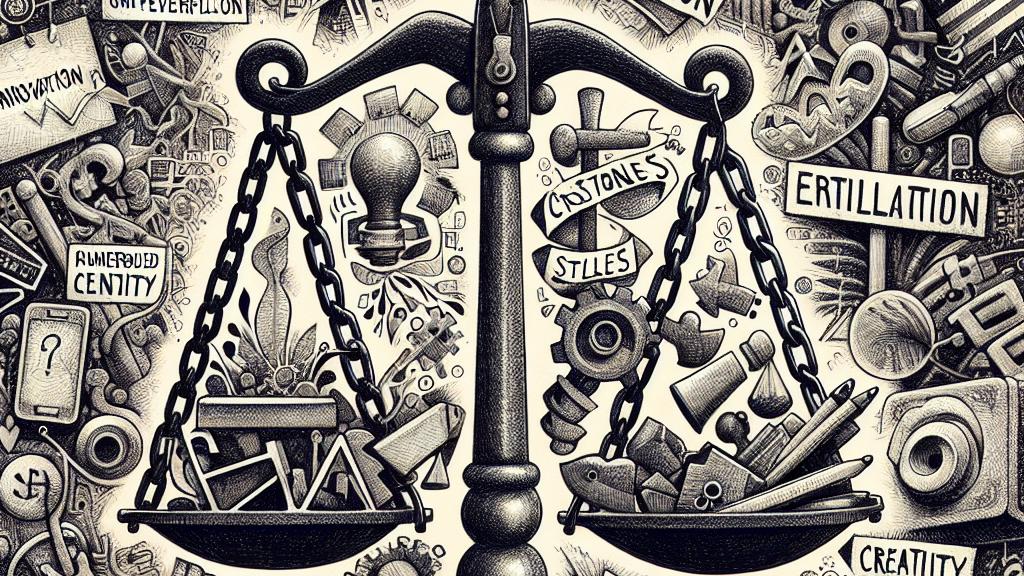Understanding U.S. Defense of Technology Companies Against European Rules
Overview
- American tech giants like Apple and Google argue that EU regulations are excessive and hinder innovation.
- FCC Chair Brendan Carr passionately defends free speech, framing it as essential to American identity.
- Growing concerns suggest European regulations could undermine U.S. competitiveness in the global tech landscape.

Regulatory Tensions Unfold
During the vibrant hustle and bustle of the Mobile World Congress in Barcelona, FCC Chair Brendan Carr took a firm stand against the European Union’s Digital Services Act. This regulation, designed to tackle illegal and harmful online content, has been deemed by U.S. tech giants like Google and Facebook as excessive and misaligned with American values. Imagine being a company worried about hefty fines for user-generated content—this creates an environment of anxiety that stifles creativity. Carr emphasized that such regulations could limit the dynamism that defines American innovation, making it imperative to resist these regulatory overreaches.
Championing Free Speech
At the heart of Carr's argument is a fervent defense of free speech. He made a compelling point: freedoms, once eroded, are hard to regain. He passionately declared that the foundation of American democracy is built on the premise that diverse opinions should be encouraged, not stifled. For instance, during the COVID-19 pandemic, many observed a surge in censorship as platforms struggled with misinformation. Carr pointed out that this trend not only stifles expressions but also hampers the vital discussions that need to occur during challenging times. It's about encouraging robust conversations rather than enforcing silence in the name of regulation.
The Global Competitive Landscape
Concerns extend beyond the ideological realm into the tangible impacts on global competitiveness. Carr warned that the EU's rigid regulations could pose significant hurdles for U.S. companies trying to operate effectively in European markets. For example, smaller American startups may find themselves overwhelmed by compliance costs, which could ultimately stifle their ability to innovate. This raises a critical question: how can American companies compete on a level playing field if they’re constantly navigating bureaucratic red tape? Carr's assertion stands clear: to foster a healthy tech ecosystem, both the U.S. and Europe must engage in meaningful dialogue, ensuring that regulations promote, rather than hinder, innovation. After all, a competitive market is beneficial not just for companies but also for consumers who rely on cutting-edge technologies.

Loading...